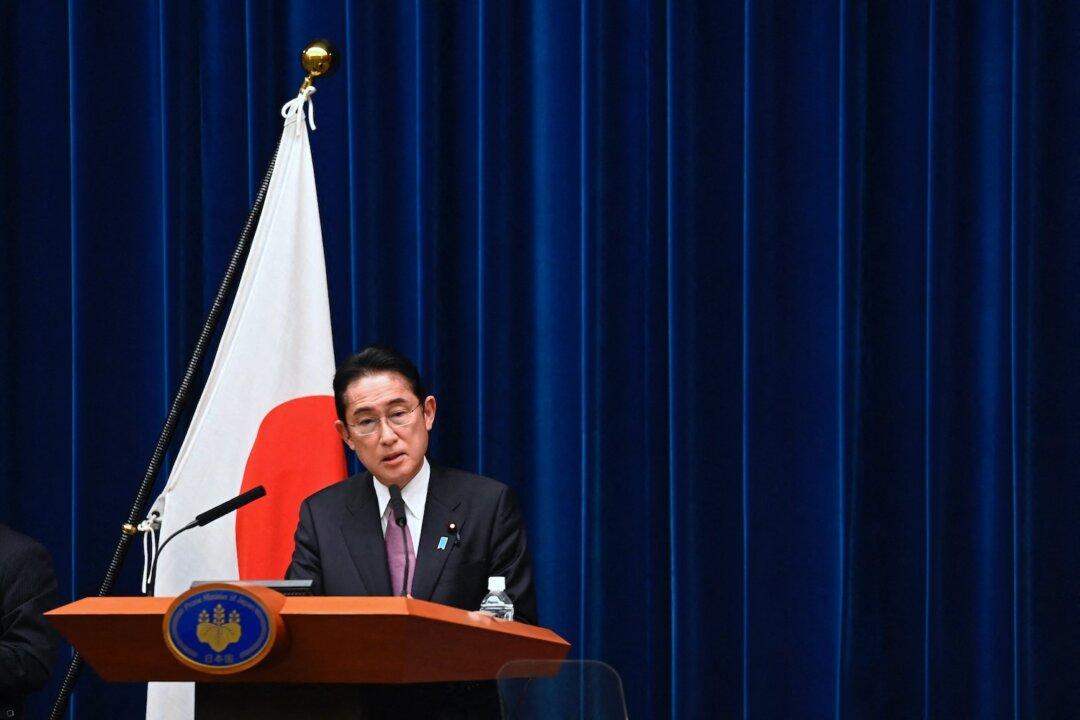Japanese Prime Minister Kishida Fumio will be visiting fellow G7 countries next week, making a stop in Canada on Jan. 12 to discuss issues such as trade and security, whether regional or in relation to Ukraine.
Fumio will first visit France, Italy, and the United Kingdom before arriving in Canada and then going to the U.S. to meet with President Joe Biden.





